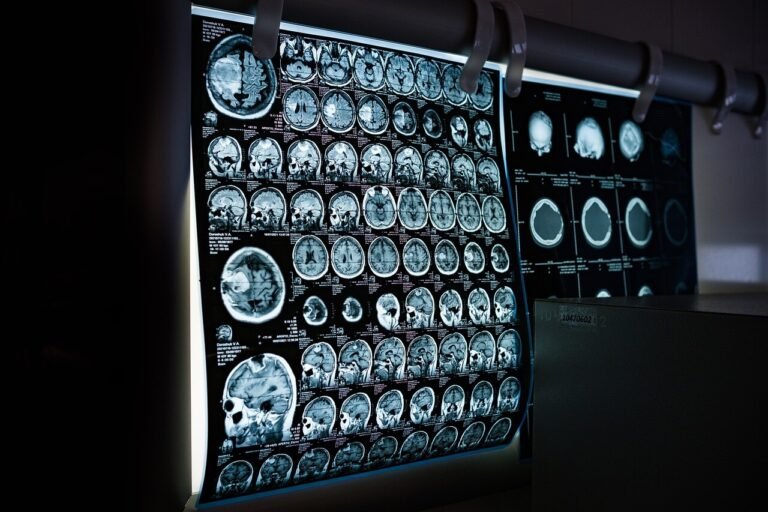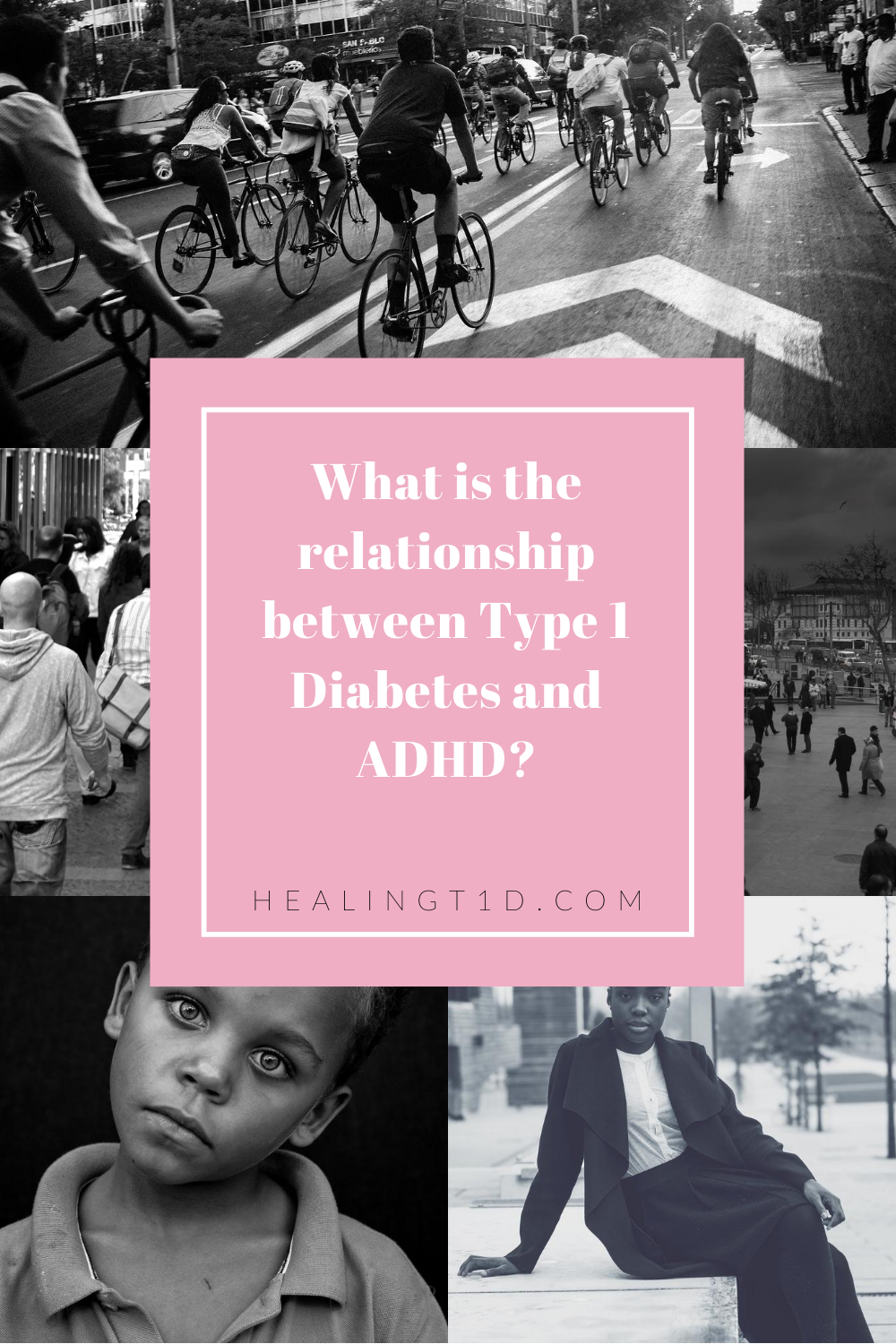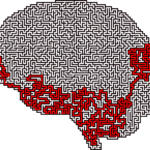Losing Keys, Forgetting Appointments And Being Easily Overwhelmed

I am failing and need to re-group.
There, I said it. That’s not an easy one to type and admit to myself, let alone publish to the world! I don’t like failing. It doesn’t come easily to me. But I seem to do it fairly often. I start projects but I don’t finish them.
All. The. Time.
My blog posts have fallen in regularity. My commitment to the cause has waned a bit. My behaviours are certainly not reflecting my aspirations for my blog. My sleep routine isn’t good. I am not eating clean, now that I’m no longer on Whole30. I have still been reading and thinking and plotting my healing escapades but, whilst I’ve been doing this, another part of me has been feeling that there’s just not much point to even trying. Because I never follow through. Not long-term, anyway.

I think I may have stumbled upon an answer that is the next step in my healing journey.
The Blessing of a Friend

Quite by chance (or what I would call synchronicity), I met up with a friend for a socially-distanced walk in our local park. As we got to chatting, he described to me his relief at finally being diagnosed with ADHD. He then listed out the behaviours that had been identified as being part of his ADHD symptomology and I became quite stunned… He was describing me!
I know that DIY diagnoses are not exactly a robust way of diagnosing anything… Like those moments when you’ve been waiting for some test results at the doctor and take to Googling your symptoms only to conclude that you must, at the very least, have a life-threatening condition in immediate need of multiple surgeries!!
However, I am not without knowledge in this field. I have a psychology degree and training in psychotherapy behind me, so I have an idea of what I’m looking at when I traipse into the diagnostic field.
I Think I Have AD(H)D
I think I have ADHD. Well, ADD… The hyperactivity bit isn’t (usually) apparent (okay, maybe sometimes at 11.30pm at night when I really should be going to bed and not starting my to-do list because I’m bursting with energy and feel I could accomplish it all in the next fifteen minutes!!
Or
… when I insist that that job (whatever that job may be at any moment in my mind) MUST be done right now! Like, RIGHT NOW! I’VE BEEN DOING IT THREE MINUTES, WHY ISN’T IT DONE ALREADY?????
Or
… when I get into bed at night and suddenly decide it’s the best moment to insist on having a deep and meaningful heart-to-heart or philosophical debate or discussion of some theoretical construct I’ve just read about with my desperately tired husband. Or a tickle fight.
Or
… a pillow fight.
Or...!!
Okay, so maybe I do have some hyperactivity symptoms too!!
Diagnosing AD(H)D
The full list of criteria that are used to diagnose ADHD is pretty extensive and is divided into two main criteria: those for inattention and those for hyperactivity and impulsivity. In order to be diagnosed, you have to have six or more of the symptoms in one of these two groups. Whilst I do have some obvious hyperactivity and/or impulsivity challenges, I believe the majority of my symptoms fall under the ‘inattention’ sub-heading:
- I have markedly reduced processing speed (a clinical psychologist I once worked with undertook a WAIS intelligence test on me and found that I had a verbal comprehension score on the 99.6th percentile, perceptual organisation of 95.3%, working memory of 93.7% but a processing speed of only 63.1%)
- I often have trouble holding attention on the tasks I do. I get a bit of a way through a task and then divert off to something else. At the end of a day in my house, I can easily find ten to twenty unfinished jobs that I started!
- I often don’t seem to listen when spoken to directly (I’m often too busy listening to my own thoughts and responses!)
- I often don’t finish my chores (like, ever!)
- I often have trouble organising tasks and activities… Turning up to anything on-time is a challenge. Being given a big task, which has multiple sub-tasks to complete it, leaves me lost and confused about where to start.
- I can get easily overwhelmed by normal life circumstances… Three simple things to do in my day can cause me to collapse on the floor in a heap.
- I am often forgetful in daily activities – appointments, things I promised to give to friends, evening meet-ups, items for my daughter for school and so on. I’m pretty much guaranteed to forget these, despite me trying everything to remember them.
- I often lose my keys (at least twice a week, despite trying to only ever put them in my handbag!!)
- It takes me so, so, so much effort to finish reading a book. Mostly I give up. And that’s for something I’m actually interested in. There’s absolutely no chance when I’m not interested!
- But, on the flip of that, when I am super-interested in something (hello, Twilight saga books!!), I become hyper-focused on it to the detriment of the rest of my life. This happened to me with the Twilight saga books…. When I found those, my husband described himself as a widower for the ten days it took me to read them!!
- I struggle to go to social events with more than two other people. Not because I don’t enjoy them but because I struggle to focus on the conversation in front of me, rather than all of the distracting background noise, movement etc.
- I often forget the most basic of information. Send me to a supermarket with three things to buy and, at best, I’ll remember only two of them.
Dr Amen's 7 Types of ADD

It would appear that the DSM V’s neat delineation between either having ADHD (with a substantial amount of hyperactivity) or ADD (with little to no hyperactivity) is not that clear-cut.
Dr. Daniel Amen is a neuropsychiatrist with a vast experience in treating those with ADD. He uses a particular kind of brain imaging, called Brain SPECT Imaging, which creates three-dimensional models of the brain and demonstrates the level of functioning in different brain regions. By studying more than 1700,000 people with ADHD and other psychiatric disorders, Dr. Amen discusses in his book ‘Healing ADD‘ that there are in fact seven different types of ADD:
- Type 1: Classic ADD
- Type 2: Inattentive ADD
- Type 3: Overfocused ADD
- Type 4: Temporal Lobe ADD
- Type 5: Limbic ADD
- Type 6: Ring of Fire ADD
- Type 7: Anxious ADD
Dr Amen’s Seven Types of ADD
Is There A Link Between Type 1 Diabetes and AD(H)D?
Now, this was the bit that really got me. I found an article by the diabetes-focused psychotherapist Eliot LeBow saying that ‘Many people with type 1 diabetes also live with attention-deficit/hyperactivity disorder…’ and ‘those who were diagnosed before age 17 years have some level of ADHD with predominantly inattentive presentation’. (This ‘inattentive presentation’ referring to Dr. Amen’s ‘type 2’ form of ADD above.)
Wow!! This really resonated with my experience (and self-diagnosis!)! I dug in further and explored the three references that Eliot cited at the bottom of his article in the journal ‘Endocrine today’… But then I fell short. The three articles he cited all referred to the impact of type 1 diabetes on brain development but none of the three articles specifically cited ADHD. Therefore, the subjects in these studies had not been diagnosed with ADHD per se, even if they exhibited similar cognitive issues.
As it turns out, the research into the relationship between ADHD and type 1 diabetes is pretty sparse. This study set about trying to rectify this and found that, in their study cohort at least, ADHD is associated with Type 2 diabetes but not Type 1. a large population-based study in Sweden found that the rate of ADHD, along with a whole host of other psychiatric disorders, was significantly increased in children diagnosed with type 1 diabetes in the five years prior.
An Alternative View Of The Relationship Between ADD And Type 1 Diabetes
When I’m reading published studies in the field of diabetes, I am struck by how often the blood sugar levels of the diabetic participants are not taken into account. Yes, sometimes a measure of the average blood sugar level is taken by means of the HbA1c but I don’t believe that that is a particularly good indicator of anything. I have spent years going in for diabetic check-ups to be told that my HbA1c is ‘great’. However, if you were to ask me about my day-to-day blood sugar levels, it’s often more choppy waters than calm seas! As a result, my mood, my energy and my motivation fluctuate accordingly. After all, who wants to work when they don’t feel well?!
Therefore, I wonder whether the inconclusive findings about any potential correlation between ADD and Type 1 Diabetes might be due to an assumed static position on blood sugar levels. Perhaps, on the days when your blood sugars just aren’t playing ball and they’re bouncing like they’re on a trampoline, maybe your brain is also likely to not be optimal in its functioning. However, on the days that you are winning the good fight with your blood sugar levels, maybe your brain functioning is also pretty good. And no longitudinal or population-based study will pick up that fine detail. They’re only looking for averages and not the lived experience that the statistics denote.
To Diagnose Or To Not Diagnose, That Is The Question!
Whilst the picture feels a bit murky to me, wondering whether I might or might not have ADD and whether diabetics have a high or normal likelihood of having it, one thing has become apparent to me. I could just pop down to see my local psychologist or psychiatrist to get a diagnosis but I’m left feeling that that probably won’t give me very much. I know that putting myself on medications to increase my level of functioning is a route I wish to take. I know that, for some, that choice is most definitely worthwhile and fits with their goals in life. But, for me, I always worry that medicating myself will just mask the underlying condition that needs resolving and leave me stagnated in a place where the possibility of my body, mind and soul to heal themselves disappears. I want to try to reach for more than that.
What I am now seeing in myself are the areas of my functioning that are not particularly strong and need some work or need some support. At the moment, my sporadic or completely absent motivation is getting in the way of what I need to do on my path to healing. It’s causing me issues in being able to stay on-track with the nutritional and other changes that I wish to make. And therefore this is going to be where I will be focusing my energies now. This is the next bit I need to heal. And that will be the focus for my next blog post!


GET HEALINGT1D’S FUTURE ARTICLES IN YOUR INBOX!
Get the latest musings and findings straight to your email inbox.

Natalie is a blogger with Type 1 Diabetes. Natalie's special gifts are questioning the status quo and being a rebel. She is using these gifts to question medical 'knowledge' and find a true cure for Type 1 Diabetes.
Recent Comments:
- Sandra on Nutrition Update
- latestModapks on Daniel Darkes
- Natalie Leader on Daniel Darkes
- Senna on Daniel Darkes
- Sandra on High Blood Pressure




